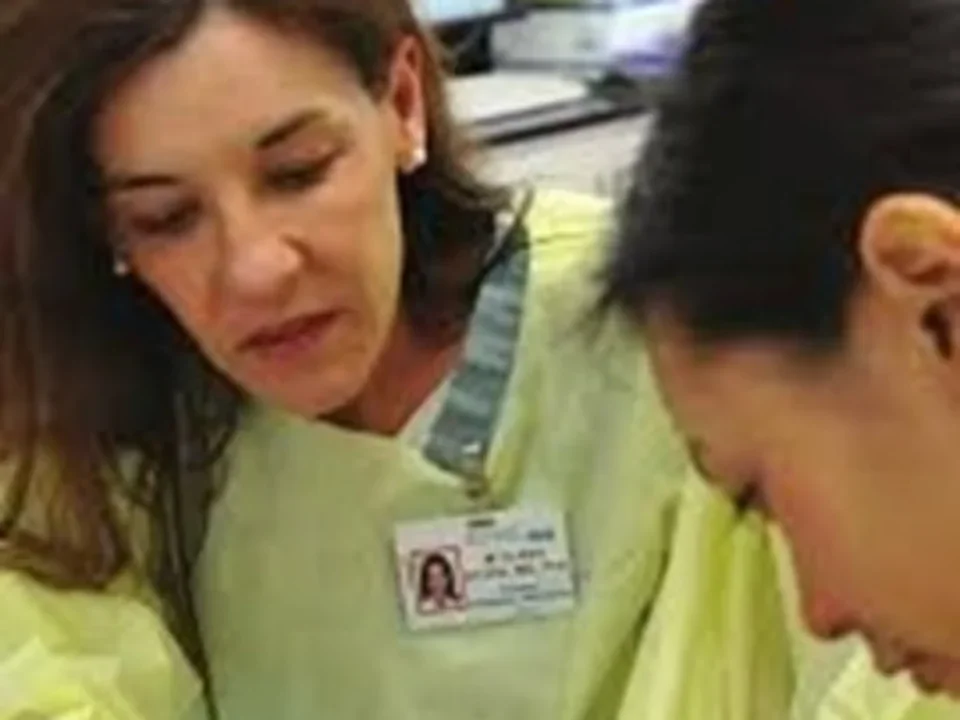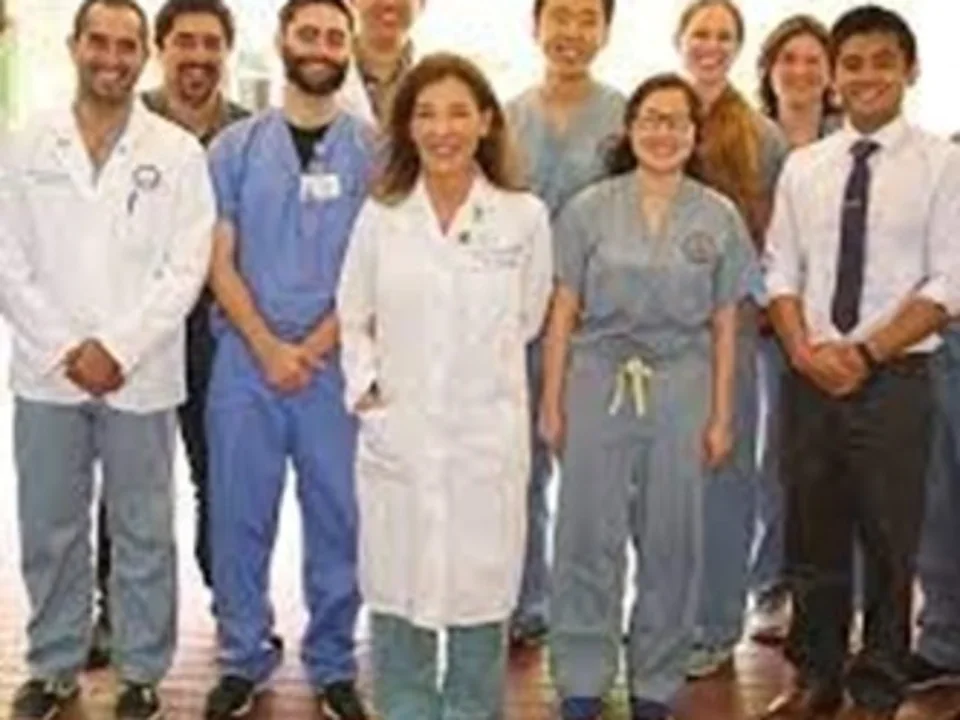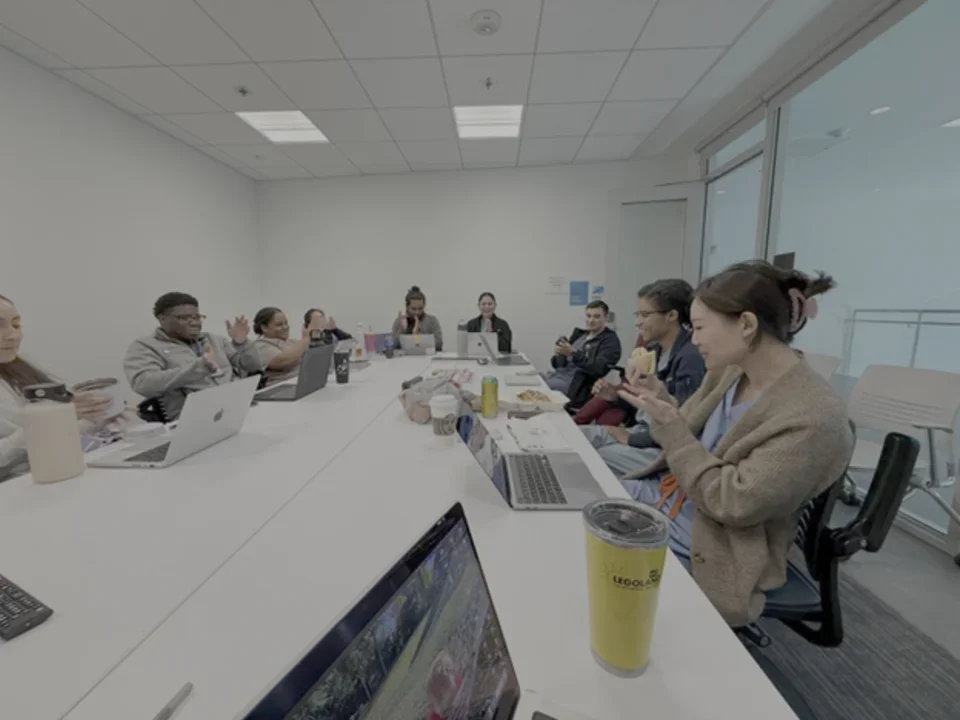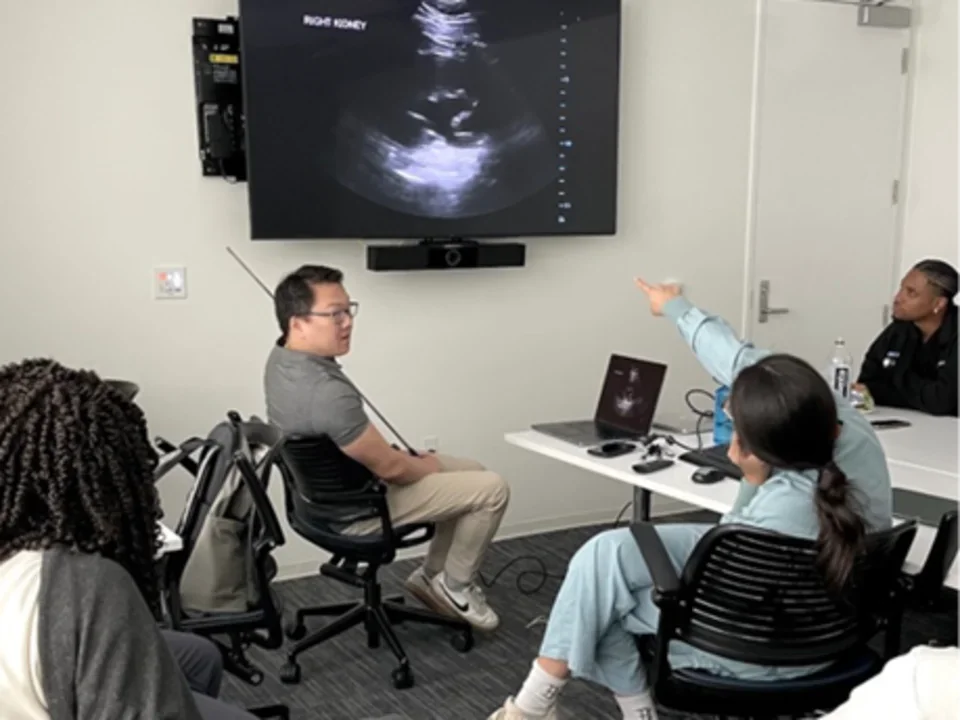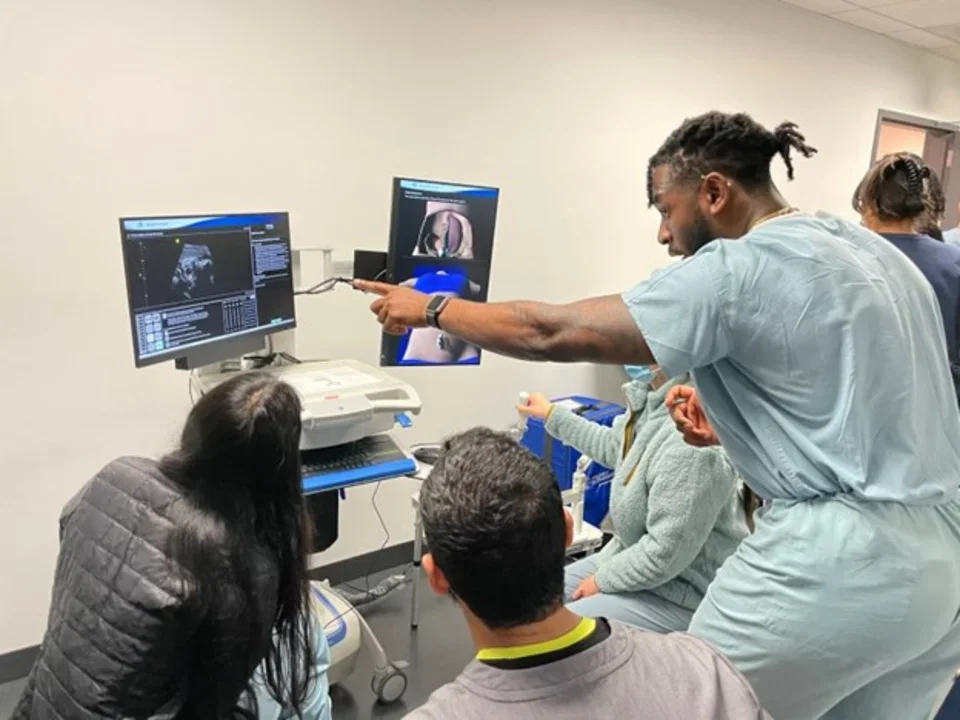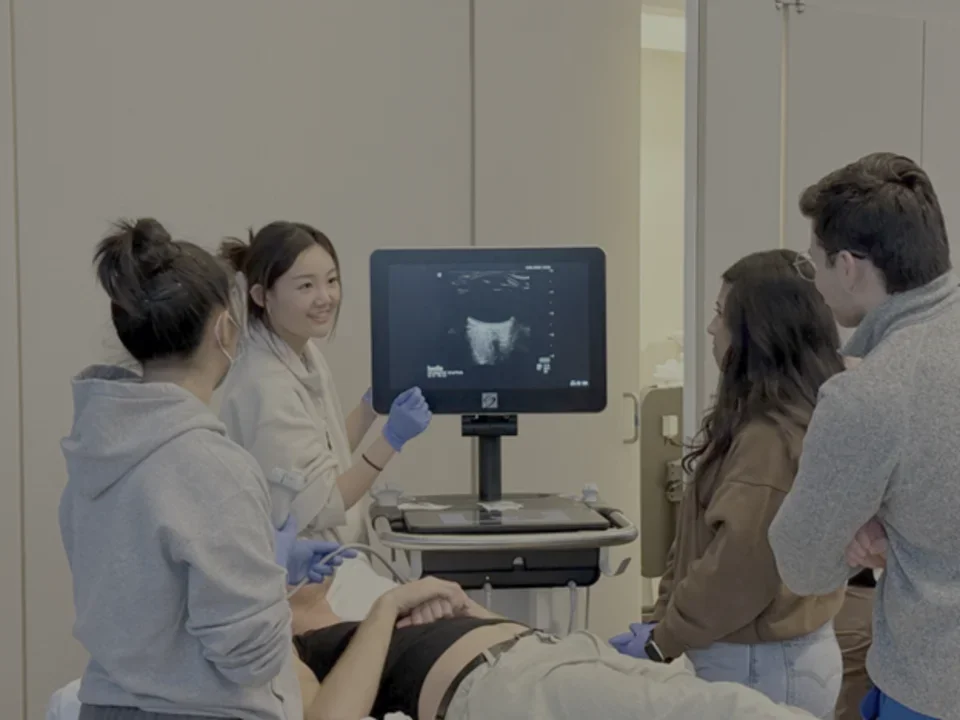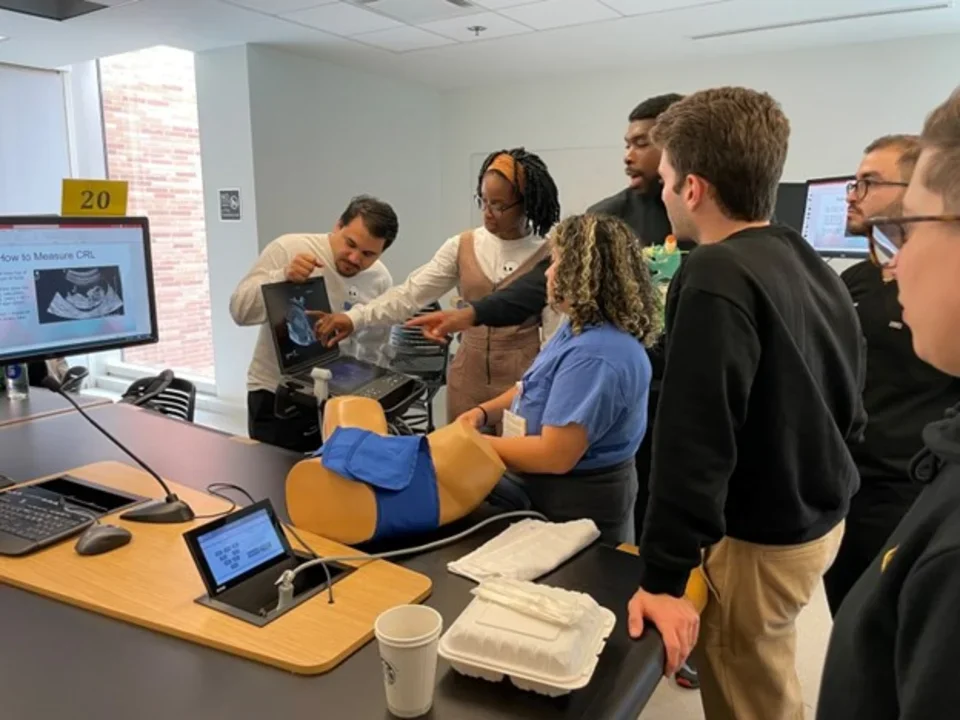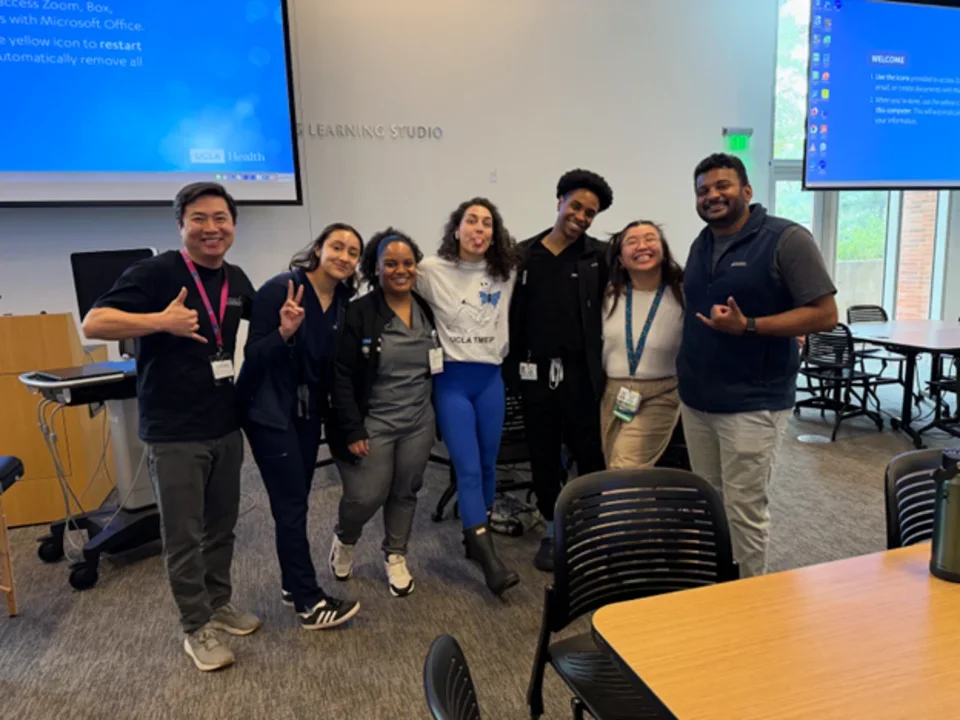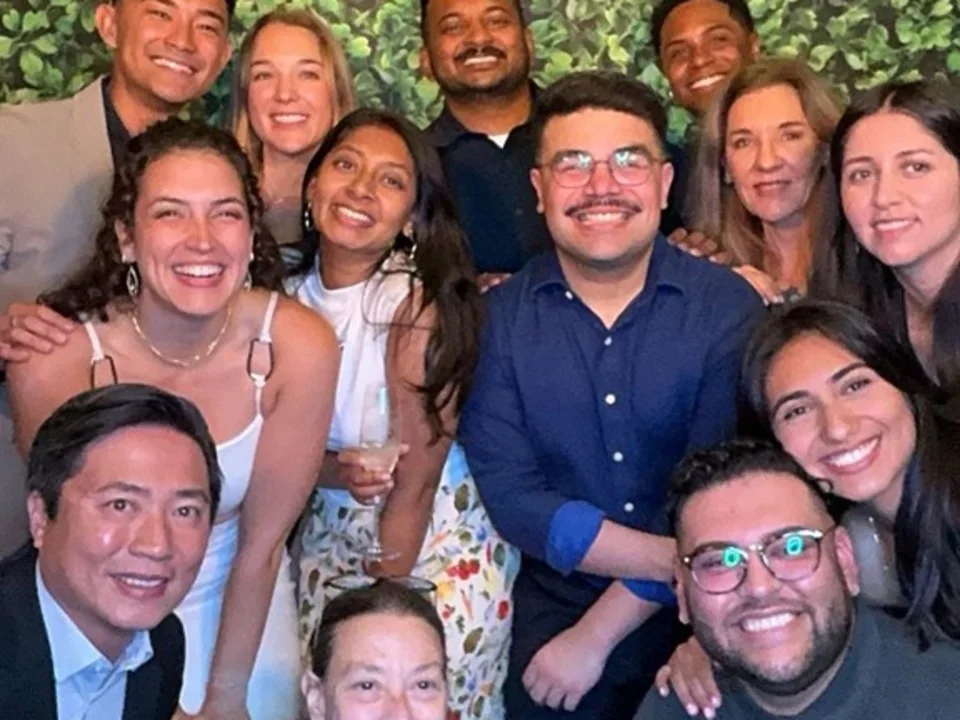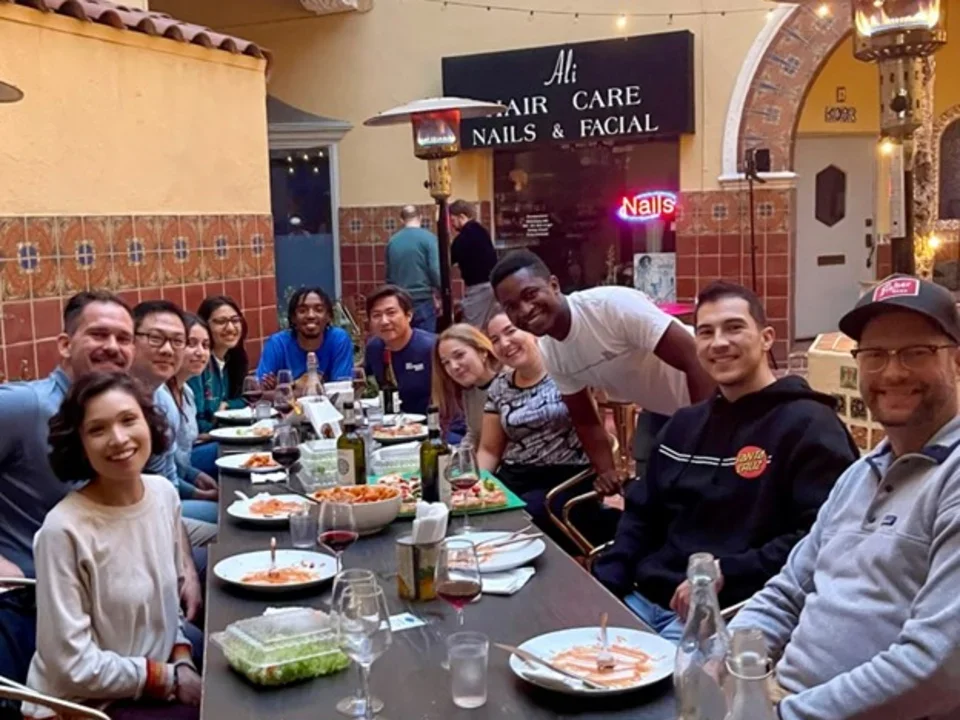Training in Medical Education and Practice (TMEP)
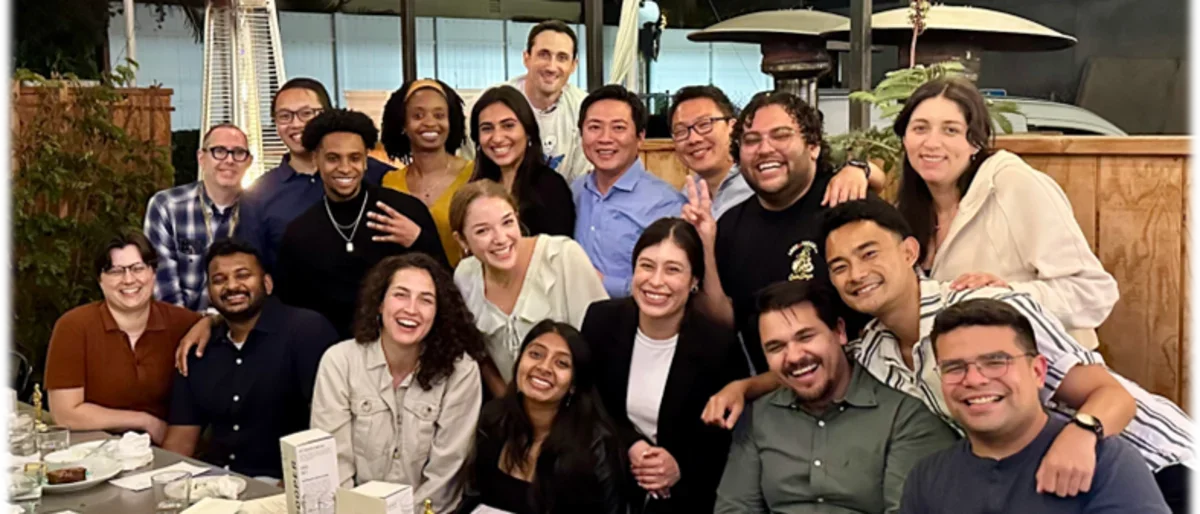
About TMEP
A fundamental part of physician training and development is learning and teaching while on-the-job and providing clinical care. This bedside teaching is usually performed by more experienced clinicians for less experienced clinicians, whether from attendings for senior residents or fellows, or from interns for medical students. Learning to teach small groups of near-peer learners focused and clinically relevant topics, is a crucial aspect of this development. Many describe this as a “see one, do one, teach one” approach.
The Training in Medical Education and Practice Discovery Course is co-directed by Drs. Elena Stark, Alan Chiem, and Daniela Ibanez. The overall goal is to prepare students to be confident and skilled educators, whether in the lecture room or at the bedside. It combines advanced training in clinical anatomy, POCUS, and teaching skills. Students learn via weekly hands-on activities in both dissection as well as POCUS. They then apply their teaching skills as small-group instructors in the Foundations of Practice, Scientific Foundations of Medicine, and Intersessions courses. In addition, each TMEP student is mentored in a scholarly project with faculty affiliated with the TMEP program, and/or any DGSOM faculty of their choosing.
At the completion of their TMEP course, students have a graduation ceremony and are awarded a certificate of course completion. Students with interests in a variety of specialties have completed TMEP training, including: anesthesiology, dermatology, emergency medicine, family medicine, internal medicine, general surgery, obgyn, psychiatry, and urology.
Clinical Anatomy
The clinical anatomy core is led by Drs. Elena Stark, Cristina Ghiani, and James Lister. TMEP students learn clinically relevant anatomy through weekly didactics on organ systems as well as cadaver dissection. They produce prosections that are used by the MS1 students, as well as leading small tutoring sessions
POCUS
The POCUS core is led by Drs. Alan Chiem, Will Shyy, and Moudi Hubeishy. TMEP students receive weekly POCUS training via interactive and hands-on sessions, using state-of-the-art ultrasound machines, task trainers, and high-fidelity simulators. Several faculty from various departments and UCLA-affiliated institutions serve as guest instructors for our students every year. In addition, each TMEP student is loaned a handheld ultrasound unit for the duration of the course, and is required to obtain a scan portfolio that is regularly reviewed by TMEP faculty. Meeting this scan portfolio, along with teaching requirements, leads to certification at the completion of the course.
Teaching Skills
TMEP students meet with Dr. Stark every month to discuss core learning theories, tips, and teaching feedback. They apply their foundation in teaching theory, anatomy, and POCUS, as small group instructors for our MS1 and MS2 courses. This allows each TMEP student sufficient practice and feedback to improve their teaching skills over the entire Discovery course. TMEP students become comfortable teaching the anatomy, clinical correlates, and POCUS applications of every organ system covered in the first year curriculum. Virtually all TMEP students commented on a recent survey that their level of confidence in performing POCUS and teaching improved from 2/5 to 5/5 (with 5 being “strongly agree”).
Scholarly Project
Each TMEP student is welcome to develop and pursue their own scholarly project during the TMEP course. Roughly 25% of the TMEP curriculum is devoted to the scholarly project. TMEP directors meet with students on a monthly basis to ensure that each scholarly project is progressing adequately. Many TMEP students choose to work on scholarly projects with mentors associated with medical education and/or TMEP directors. This component of TMEP also features journal clubs and lectures on more advanced topics that can lead to further project development and mentorship.
Scholarly projects have included:
- Development of 3D-printed learning aids to augment anatomy and POCUS education
- Production of educational videos that incorporate physical exam and POCUS skills
- Use of POCUS to assess frailty in elderly patients
- Assessing the barriers of POCUS education implementation in residency programs
- Assessing the barriers to mental health resources in veterans and other at-risk groups
- Producing a scoping review of POCUS use in mobile clinics that care for housing insecure populations
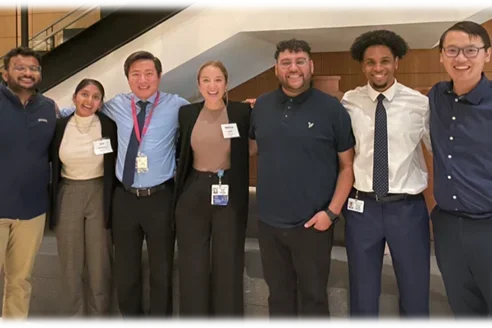
Regional and National Conferences
TMEP students are eligible to receive conference funding in order to present their ultrasound research at conferences.
Students have presented their work at the following conferences:
UC Simulation Symposium, Los Angeles, CA
American College of Emergency Physicians Annual Meeting, Las Vegas, NV
CHEST Annual Meeting, Boston, MA
Council of Residency Directors Annual Meeting, Seattle, WA
American Institute of Ultrasound in Medicine Annual Meeting, Orlando, FL
American Society of Anesthesiologists Annual Meeting, San Antonio, TX
Graduation
Students celebrate completing the TMEP program during the end-of-year graduation ceremony.
TMEP Students
2023-24
- Torey Averick
- Cydni Baker
- Jonathan Balderrama
- Mohit Bandla
- Marilyn Bravo
- Brandon Brizuela
- Raimel Brooks
- Stephanie Bueno
- Alberto Juarez
- Melissa Lopez
- Anthony Nguyen
- Ehizele Robertson
- Deseray Sileo
- Ami Tamhaney
- Luigi Varilla
- Elizza Villarruel
- Brandon Williams
2024-25
- Dona Aboud Syriani
- Myles Anderson
- David Bartolome
- Johanna Bedoy
- Kelsy Larios
- Beza Mengistu
- Sarah Park
- David Pinto
- Emilio Rodriguez
- Ilich Rodriguez-Rivas
- Sebastian Salazar
- Antonia Santos
- Angelina Wei
2025-26
- Vahagn Aldzhyan
- Diego Cisneros
- Kruti Desai
- Marlena Freeman
- Jagruti Kolla
- Songjingyi (Eliz) Liang
- Frank Makhlouf
- Arzoo Manandhar
- Itzel Melgoza
- Courtney Obasohan
- Taylor Osborne
- Giuliana Perini Villanueva
- Michelle Ryder
- Jetesh Sahadeo
- Anissa Vera
- Heidi Zappacosta
Contact
If you are interested in the TMEP Discovery course, please reach out to Daniela Ibanez, DGSOM POCUS Education Coordinator, at dibanezisidro@mednet.ucla.edu.
